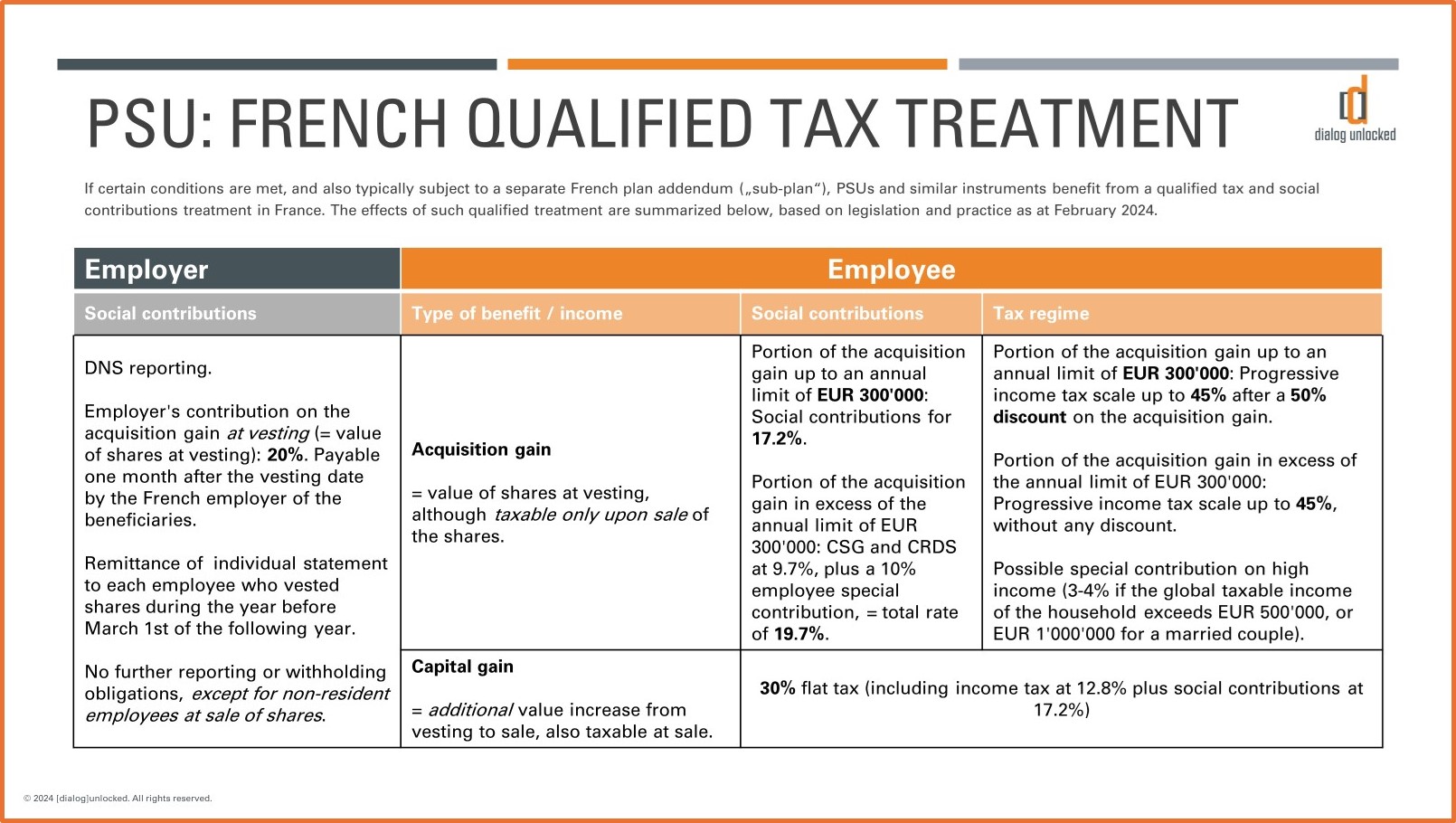Phantom Options in SME and start-ups: Practice considerations
We have recently seen increasing client demand for “phantom options”, especially in SME (small and mid-sized entities) and start-ups. Please find below a few selected relevant practice considerations in this respect.
What are Phantom Options? No real equity, no assets, but merely contractual, personal, conditional rights, reflecting the economic effects of “real” employee stock options, thus with a cash-payment upon exercise. Slightly simplified: Each phantom option entitles the holder to receive cash payment in the amount of the value increase of a real share over a certain period of time, subject to ongoing employment.
What is the incentive focus? Clearly, the conceptual focus is on retention (forfeiture upon termination of employment) and on value creation (measurement of value increase in a real share). Therefore, phantom options might be an interesting type of incentive plan especially for growth businesses, i.e., start-ups or other companies with a strong growth strategy, seeking for simple and transparent incentive plans without the need to issue real equity.
What are the challenges in practice?
- No payout without value creation in the company; therefore, indeed only suitable for growth strategies.
- Conceptional question: Pay-out only upon a company exit event, or also in the absence of an exit, e.g. during certain pre-determined time windows? This needs to be aligned with the overall strategy.
- If a (partial) pay-out should be possible also in the absence of an exit: Need to define and measure company value increase. No need to run sophisticated market valuations; a simplified, transparent, appropriate valuation formula might be sufficient suitable.
- Communication and complexity: Employees need to understand the mechanisms of the incentive plan, of how the underlying value increase will be measured and how this translates into a potential pay-out per option. This also means (especially where a pay-out might be possible in the absence of an exit): The relevant financials and factors for the underlying valuation need to be communicated to plan participants (subject to confidentiality clauses, of course).
- Liquidity and cash planning: Future pay-outs need to be taken into account in due course.
What is the tax and accounting treatment? In a nutshell: Like a normal cash bonus, but over several years and dependent on the company value development.
An important distinction remains to be noted: Phantom Options are not the same as Phantom Shares. While Phantom Shares pay out the entire value of a share, Phantom Options only pay out the value increase as of a certain starting point. The two instruments, therefore, provide for a different type of incentivization, supporting a different set of aims and strategies.
In case of any question, or for further support in this respect, please contact us.





